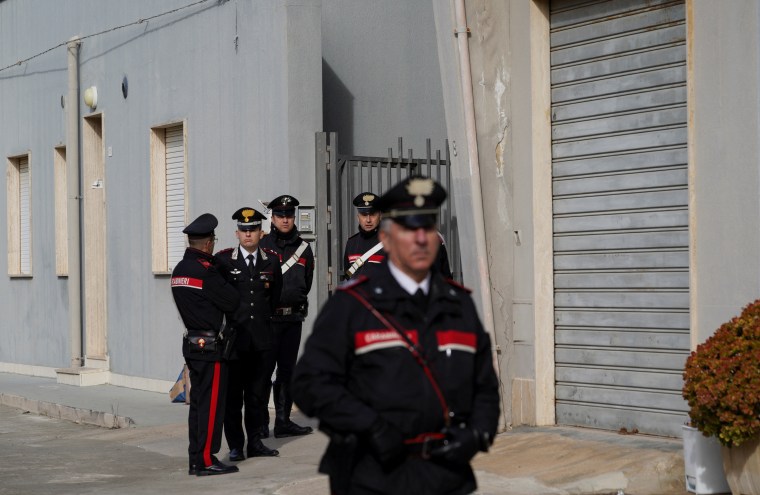Berlin, March 14, 2022—Italian authorities should drop any investigation into the Domani newspaper and ensure that members of the press do not face criminal charges for their work, the Committee to Protect Journalists said Tuesday.
On March 3, two uniformed carabinieri officers arrived at the newsroom of independent private daily newspaper Domani in Rome, according to media reports, a statement by the newspaper, and Domani journalist Francesca de Benedetti, who is familiar with the case and spoke to CPJ via phone and messaging app.
The officers presented reporters Giovanni Tizian and Nello Trocchia with an order from the Rome prosecutor’s office to seize the “hard copy” of a January 26 article they had published, saying it was the subject of a criminal defamation complaint by Claudio Durigon, a government official, according to those sources. The journalists printed out that article, which was published online and in print, and gave it to the officers, who then left the scene.
If charged and convicted of criminal defamation, the journalists face up to six years in prison under the Italian Press Law of 1948.
“Italian authorities should ensure that the Domani newspaper and its staff do not face harassment or intimidation as part of a criminal defamation suit; as a democracy, Italy should not even have criminal defamation statutes in its books,” said Attila Mong, CPJ’s Europe representative. “Government officials must expect and endure criticism, and authorities should not allow the police to be used as a bludgeon against the press.”
The January 26 article alleged that Durigon, a senator and undersecretary of state at the Ministry of Labor and Social Affairs, had ties to organized crime while previously serving as a member of parliament and the secretary of a trade union.
In its statement, Domani’s editorial team said Tizian and Trocchia had reached out to Durigon during their reporting, but he refused to answer questions and instead threatened them with lawsuits. Durigon has announced two additional criminal defamation complaints against the newspaper, according to that statement and de Benedetti, who said the outlet had only been formally notified about one of them.
In 2021, Italy’s constitutional court ruled that Article 13 of the 1948 press law, which criminalizes defamation, was unconstitutional; it is currently under review by the country’s Senate, according to media reports.
CPJ emailed the Rome prosecutor’s office, the Roman police, and Durigon’s office for comment, but did not receive any replies.
